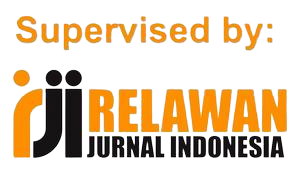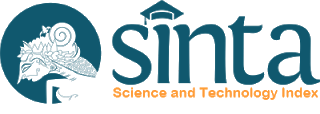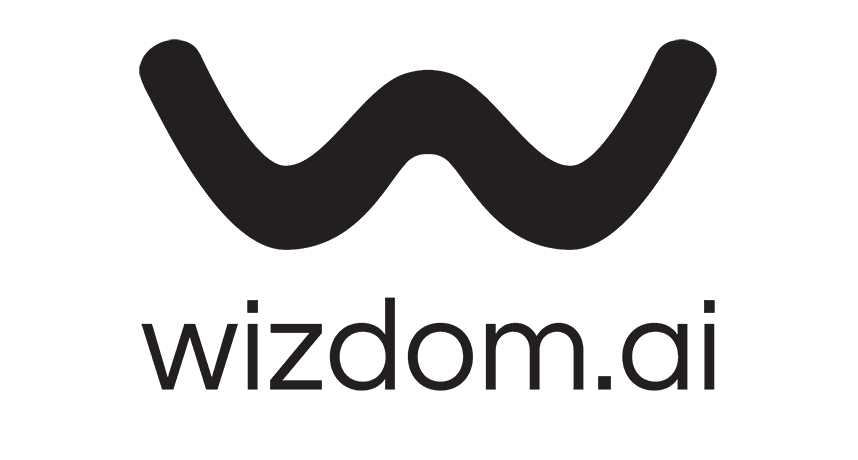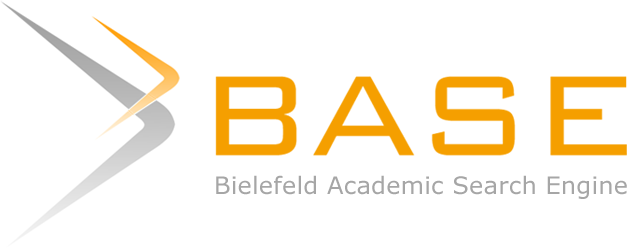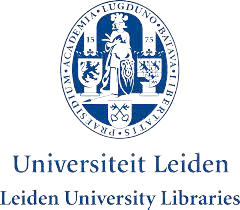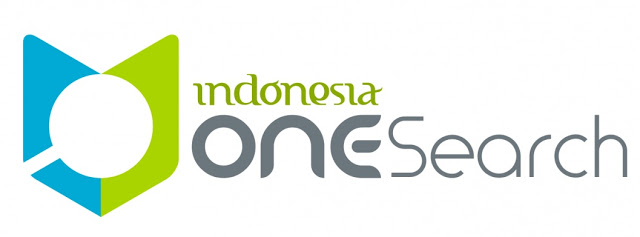Competitive Option Preferences of Daring and Hybrid Course Models In The Faculty Of Engineering: A Game Theory Approach
Abstract
Keywords
Full Text:
PDFReferences
Agustina, S. S., & Sukwika, T. (2021). Analisis Kinerja Pegawai pada Direktorat Sumber Daya, Ditjen Dikti Kemendikbud. Journal of Applied Management Research, 1(1), 34-44.
Creswell, J. W., & Creswell, J. D. (2017). Research Design: Qualitative, Quantitative, and Mixed Methods Approaches (4th ed.). SAGE Publications.
Dziuban, C., Hartman, J., Juge, F., Moskal, P., & Sorg, S. (2018). Enhancing Student Success through the Adoption of Adaptive Learning Technologies: A Case Study. EDUCAUSE Review, 53(4), 34-47.
Graham, C. R. (2006). Blended Learning Systems: Definition, Current Trends, and Future Directions. In C. J. Bonk & C. R. Graham (Eds.), Handbook of Blended Learning: Global Perspectives, Local Designs (pp. 3-21). Pfeiffer.
Harlanu, M., Suryanto, A., Achmadi, T. A., & Oktaviani, B. (2023). Model Determinan Hasil Belajar Mahasiswa Merdeka Belajar Kampus Merdeka (MBKM) melalui Strategi Pembelajaran Hybrid Learning. Konservasi Pendidikan, (4).
Johnson, A. (2019). Understanding Student Preferences in Hybrid Learning Environments. Journal of Educational Technology, 45(2), 123-138.
Lim, D.H., & Morris, M.L. (2009). Learner and Instructional Factors Influencing Learning Outcomes Within a Blended Learning Environment. Educational Technology & Society, 12(4), 282–293.
Miles, M. B., Huberman, A. M., & Saldana, J. (2014). Qualitative Data Analysis: A Methods Sourcebook (3rd ed.). SAGE Publications.
Moore, M. G., & Kearsley, G. (2012). Distance Education: A Systems View of Daring Learning (3rd ed.). Cengage Learning.
Patton, M. Q. (2015). Qualitative Research & Evaluation Methods: Integrating Theory and Practice (4th ed.). SAGE Publications.
Picciano, A.G. (2009). Blending with Purpose: The Multimodal Model. Journal of Asynchronous Learning Networks, 13(1), 7–18.
Smith, J., Jones, A., & Doe, R. (2020). Exploring Student Preferences: Daring vs. Blended Learning. International Journal of Educational Technology in Higher Education, 17(1), 1-15.
Sukwika, T. (2023a). Menentukan Populasi dan Sampling. Dalam Metode Penelitian (Dasar Praktik dan Penerapan Berbasis ICT) (pp. 32-61). Mifandi Mandiri Digital.
Sukwika, T. (2023b). Variabel dan Hipotesis. Dalam Metode Penelitian Kuantitatif (Teori dan Panduan Praktis Analisis Data Kuantitatif) (pp. 159-173). Mifandi Mandiri Digital.
Surbakti, K. B., & Pamungkas, I. N. A. (2021). Komunikasi Melalui Learning Management System Selama Pembelajaran Daring Di Telkom University Bandung. Jurnal Dinamika Pendidikan, 14(2), 33-45.
Thohir, I. A., Putra, F. A., Alim, F. N., Suseno, M. T., & Yudha, S. S. P. (2021). Dampak perkembangan teknologi internet dalam pembelajaran jarak jauh bagi siswa pada masa pandemi covid-19. Journal of Education and Technology, 1(2), 93-103.
DOI: https://doi.org/10.36441/jamr.v4i1.2161
Article Metrics
Abstract views : 121 times
PDF views : 56 times
Dimension Citation Metrics
Refbacks
- There are currently no refbacks.
Copyright (c) 2024 Tanski Distance, Marningot T. Natalis Situmorang
Article Metrics
Abstract views : 121 timesPDF views : 56 times
Dimension Citation Metrics
Refbacks
- There are currently no refbacks.
Copyright (c) 2024 Tanski Distance, Marningot T. Natalis Situmorang
Refbacks
- There are currently no refbacks.
Copyright (c) 2024 Tanski Distance, Marningot T. Natalis Situmorang
Indexing and Abstracting
Journal of Applied Management Research is indexed and abstracted in the following databases:
Cataloging
JAMR is also available on several library catalogues:

Copyright ©2021 Journal of Applied Management Research (JAMR). This work is licensed under a Creative Commons Attribution-NonCommercial-ShareAlike 4.0 International License.


